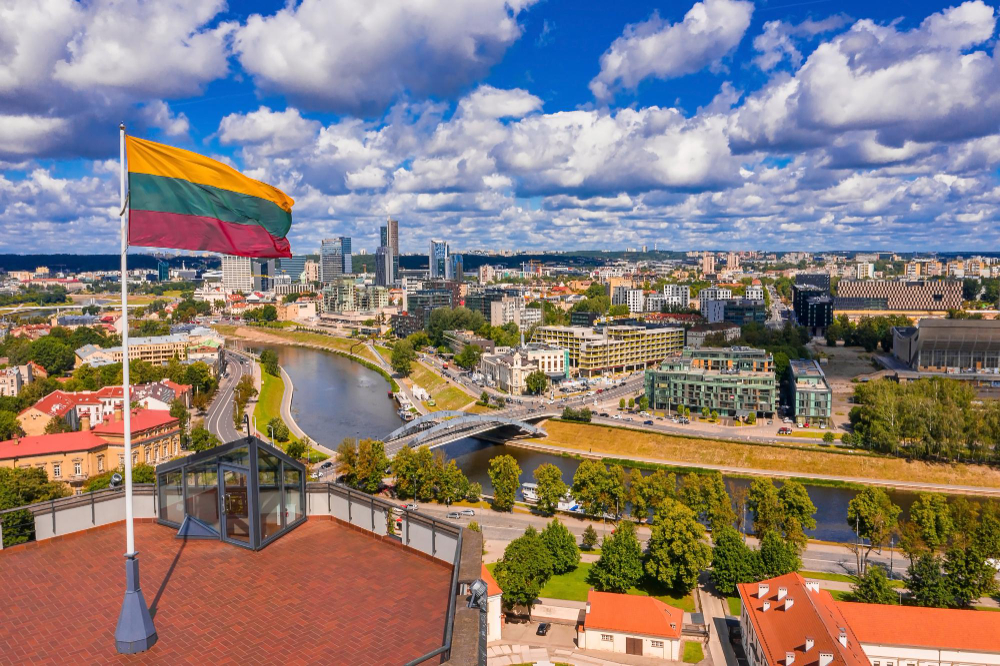Most In-Demand Jobs in Lithuania – The EU's Second Easiest Country for Obtaining a Work Visa
Key Takeaways
1. Lithuania faces labor shortages in 59 occupations, according to the latest EURES report.
2. Affected sectors include cleaning, food service, manufacturing, healthcare, education, and construction.
3. Despite tightening immigration rules, Lithuania remains the EU's second-easiest country to obtain a work visa.
A 2023 EURES report on labor shortages and surpluses revealed that 59 occupations in Lithuania are experiencing worker shortages.
These shortages span several sectors, including cleaning, food service, manufacturing, healthcare, education, construction, and engineering.
Foreigners looking to move to Lithuania may have better chances of obtaining a work visa if they fall into one of the most in-demand professions.
According to the EURES report, the following roles are among the shortage occupations in Lithuania:
- Garbage and recycling collectors
- Cooks and related food preparers
- Bus and tram drivers (heavy truck/lorry/bus and tram)
- Machine operators (for several industries)
- Upholsterers and related workers
- Building and related electricians
- Toolmakers and related workers
- Welders and flame cutters
- Spray painters and varnishers
- Concrete placers, concrete finishers, and related workers
- Service station attendants
- Construction managers and supervisors
- Psychologists
- Teachers (for different levels of education)
- Nursing professionals
- Specialist medical practitioners
- Electrical engineers
- Civil engineers
Lithuania Tightens Work Visa Rules Amid Labor Shortages
Citizens of EU/EEA countries do not need a visa to work in Lithuania but must register their stay after three months. Non-citizens of EU/EEA countries require a work visa and must choose between four work permits, depending on their job application.
Despite labor challenges, Lithuania has tightened foreign employment rules, allowing only people with a residence permit to work in its territory.
Certain categories of workers, such as teachers, researchers, and citizens of economically developed countries, are exempt from the new policy. Employers in Lithuania will also face stricter requirements.
Authorities have stated that these measures are in response to the increasing number of violations of the country’s immigration system.
Despite stricter rules, Lithuania ranks as the EU’s second-easiest country to secure a work visa, following Estonia, according to VisaGuide.World.
Additionally, Lithuania is listed among the best EU countries for those who wish to work a four-day week.
Cost of Living in Lithuania
Individuals wishing to reside and work in Lithuania may be interested in the cost of living. According to the Cost of Living Index 2024 by Numbeo, Lithuania is ranked 22nd in Europe and 41st in the world.
Estimated monthly expenses for a single individual, excluding rent, are about €745. Renting a one-bedroom apartment in the city center costs nearly €625 monthly. Outside the city center, a similar apartment costs about €450 per month.
A one-way ticket for local transport costs about €0.90, while a monthly pass ticket costs approximately €29.
Expenses may be higher for those living with their family, depending on the number of family members and the apartment area, among other factors.

